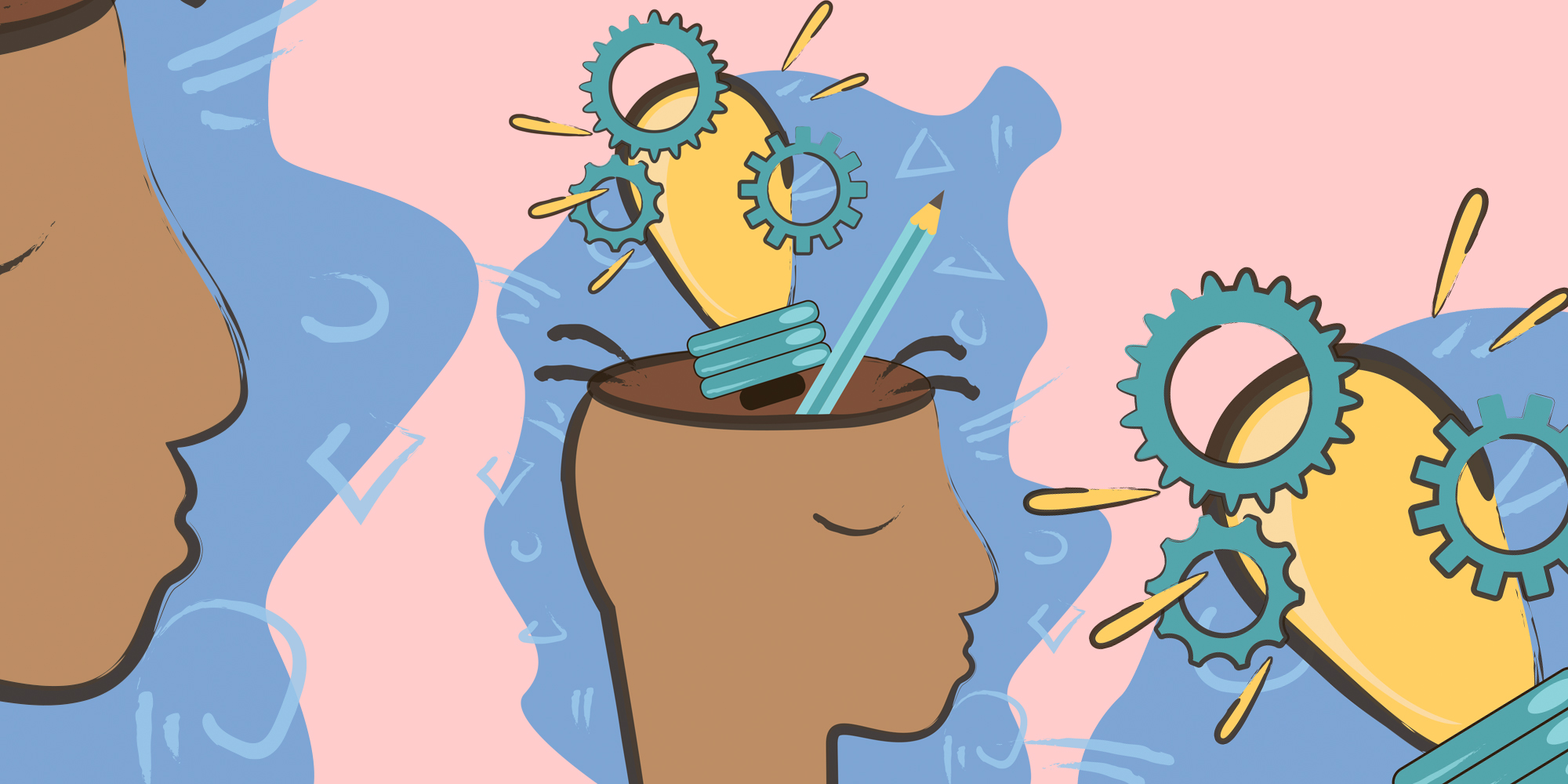Teachers wear many hats. They are expected to be subject matter experts, leaders, administrators, managers, lifelong learners – and not just in the classroom but in their wider communities.
It is crucial to cultivate teachers who are socially aware and critical, especially in today’s unequal society.
This helps them to prepare their learners successfully to confront, for instance, excessive consumption, waste and a society that prioritises material items over the preservation of natural resources.
But how can this cultivation occur? As an academic working with trainee teachers and researching social justice education, I have found four essential approaches that help future teachers develop their students into responsible global citizens.
Art and empathy
Identify the root cause of the problem instead of the one at face value.
Social injustice results from unequal power relations. This may seem obvious, but sometimes people need guidance to keep this fact in mind. I often use defamiliarisation to help trainee teachers grasp this reality. This is the artistic technique of making things that are familiar seem unusual and foreign to disrupt the mindset.
I have also explored how important this approach is in making students think more critically about global citizenship education.
For example, I often have my students look at current economic policies and international trade deals to see how these affect developing countries in Africa and often lead to economic and social imbalances.
They are frequently urged to examine how uneven power relationships between Western and African countries can worsen inequality and learn how they can work for fairness and equality in foreign relations. They do this by, for example, drawing how they view globalisation in Africa.
Develop critical empathy
Empathy is not enough to get students to think in more socially conscious ways. That’s because, even when they start placing themselves in the shoes of others, it can still put them in a position of power over those whose lives they are trying to imagine.
Philosopher Nel Noddings coined the term “critical empathy”. This requires what is known as “empathic accuracy” – when teachers really understand how their students feel.
It also needs what is called a “sympathetic response” – teachers not only understanding their learners’ thoughts but also feeling some of their sadness or happiness. It’s like going through their emotional journey with them, with the idea of helping them in any possible way.
For example, I have used critical empathy to help my students connect with and understand each other’s struggles and experiences of the Covid pandemic. Rather than talking for each other, they talk with each other, and don’t try to wear someone else’s metaphorical shoes. Instead, they listen to and learn about people’s actual experiences.
Develop the ability to trust and take risk
Realising that change is necessary implies that everyone is a part of both the problem and the solution. Sociologist Anthony Giddens’s work examines the relationship between trust and risk. He challenges us: Would you be brave enough to step into the unknown with someone you trust?
Our past either holds us back or makes us want to take risks, and this balance of trust and risk could alter the way students, teachers and communities function in school environments.
Since 2016, I have facilitated a critical-service learning project – a form of service learning with a social justice orientation – where students work with local communities to solve fundamental problems such as inadequate education or food insecurity in poor areas in Cape Town.
Read more in Daily Maverick: Teachers change lives – but what makes a great teacher?
There is an inherent risk for communities here: we’re asking them to work collaboratively with us, relying on their trust in such engagements – and this may not always produce the desired results for communities.
Although the projects are not always as successful as planned, reflective learning still proves helpful. Students learn to understand and gain real-world insights, whereas communities feel more able to share concerns and work together to solve them.
Reflect critically, even if thoughts are conflicted
I once used the film Krotoa to ignite discussions on the effects of colonialism’s legacy in South Africa. Based on a true story, the film is about a young girl who was taken from her Khoi tribe to work for founding colonial administrator Jan van Riebeeck.
Many students were left deeply unsettled. They felt pain, anger, helplessness and confusion. Experiencing these feelings in the classroom pushed them out of their comfort zones – precisely what was needed to encourage deep understanding.
Critical reflection develops when students are forced outside their comfort zones. These intense emotions act as catalysts that prompt students to reflect on who they are, challenge their preconceived ideas and think carefully about the causes and effects of what they are learning. Students can gain a better, deeper understanding of the topic of colonisation, for instance, by grappling with these emotions and examining them.
Such encounters broaden students’ perspectives and encourage them to embrace the idea of ubuntu (a concept that emphasises the importance of including everyone and building a strong community). This fosters their development as thoughtful global citizens ready to contribute significantly to conversations about global justice and equality. DM
First published by The Conversation.
Zayd Waghid is an associate professor in the Faculty of Education at Cape Peninsula University of Technology.
This story first appeared in our weekly Daily Maverick 168 newspaper, which is available countrywide for R29.
 P1. Front page. 28 October 2023
P1. Front page. 28 October 2023




 P1. Front page. 28 October 2023
P1. Front page. 28 October 2023